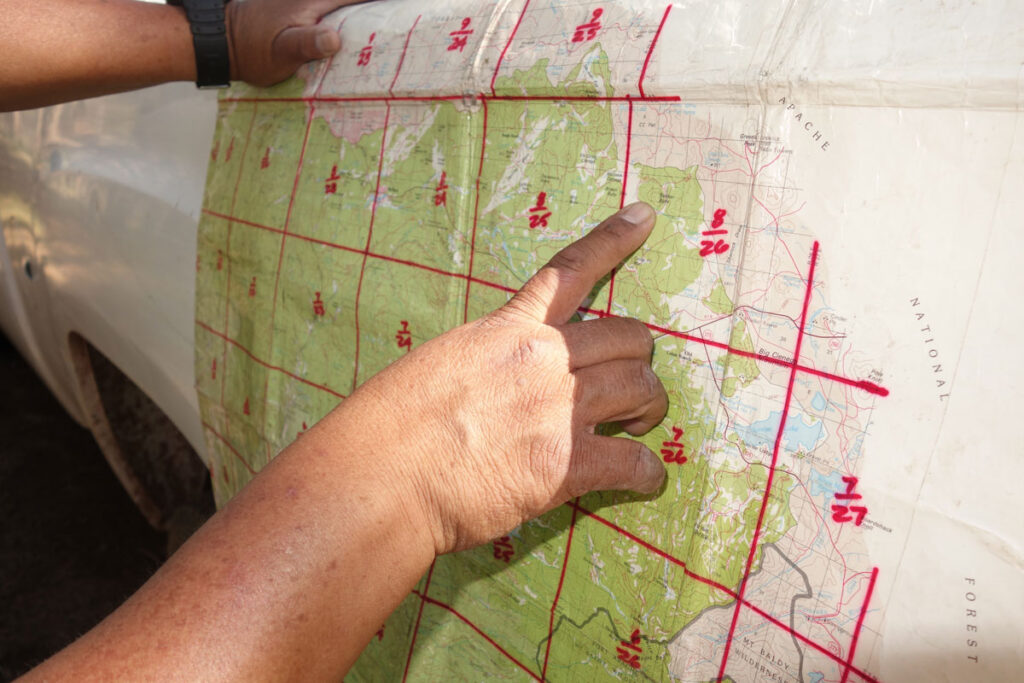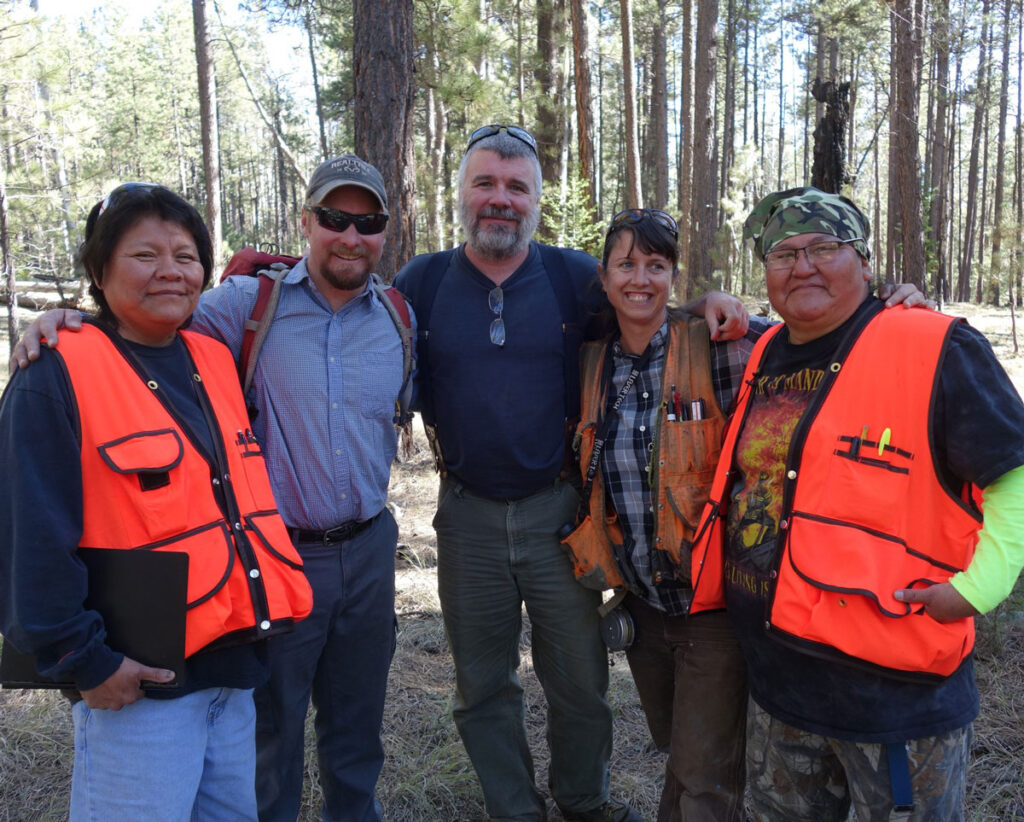Close
Close

Case Study
SIG serves as the forest carbon technical advisor to the White Mountain Apache Tribe (WMAT) for the Tribe’s Improved Forest Management California carbon projects. The projects cover over 200,000 acres, allowing the Tribe to register millions of Air Resource Board credits with California’s statewide cap-and-trade program–at the time the largest ever California compliance offset project.
SIG was responsible for inventory design, statistical analysis, carbon quantification and modeling, project verification guidance, and long-term Measurement, Reporting, and Verification (MRV) management. We also assessed how the tribe could maximize revenue from a carbon project while balancing other resource and cultural priorities.


At the time, this effort was the largest improved forest management carbon project ever under California’s cap-and-trade compliance regulatory program. WMAT asked SIG to help with the development of a second, even larger, forest carbon offset project. The goal was to manage the forest to increase and conserve carbon stocks – and therefore carbon dioxide sequestration – through uneven-aged management. SIG’s financial analysis of the anticipated growth and harvesting regimes captured all costs and returns given the legal, physical, and biological constraints. We found that the new growth and harvesting regimes were financially feasible and ecologically sound, and our ongoing work on this project seeks to implement and expand these plans.
The long term relationship between SIG and the White Mountain Apache Tribe is an example of our commitment to enduring relationships that yield real ecosystem and community benefits.